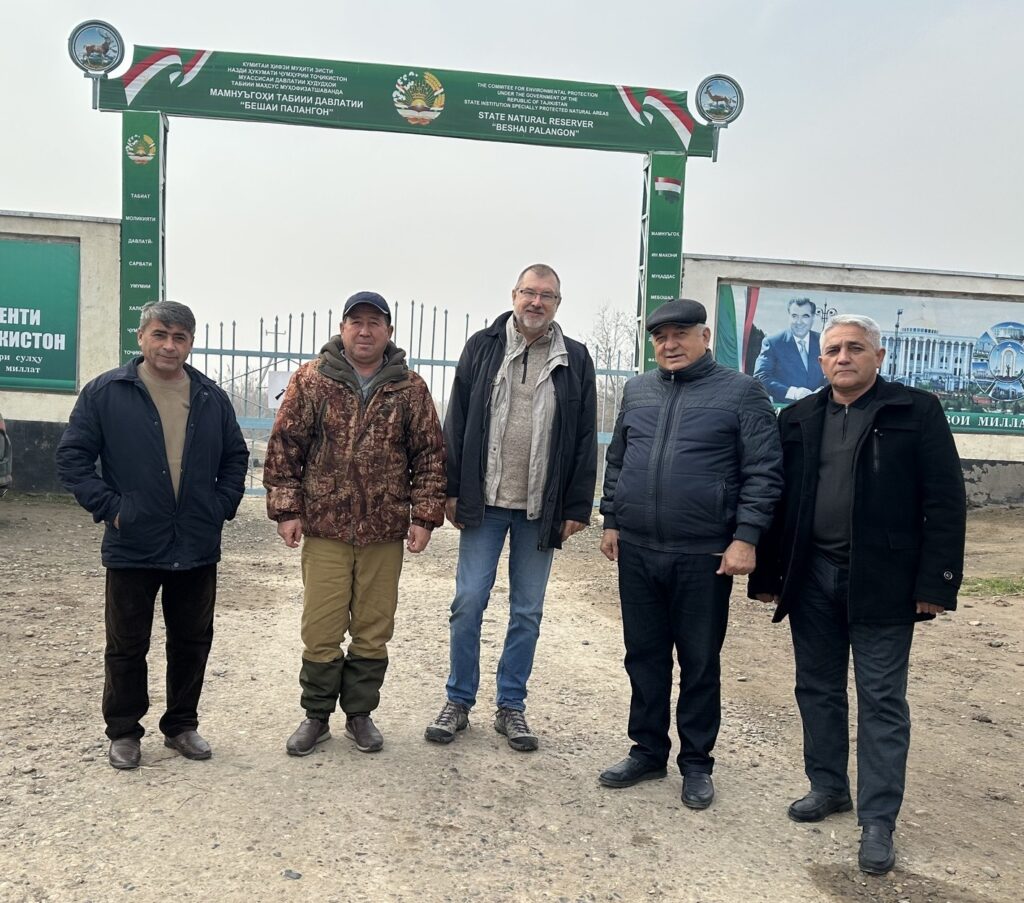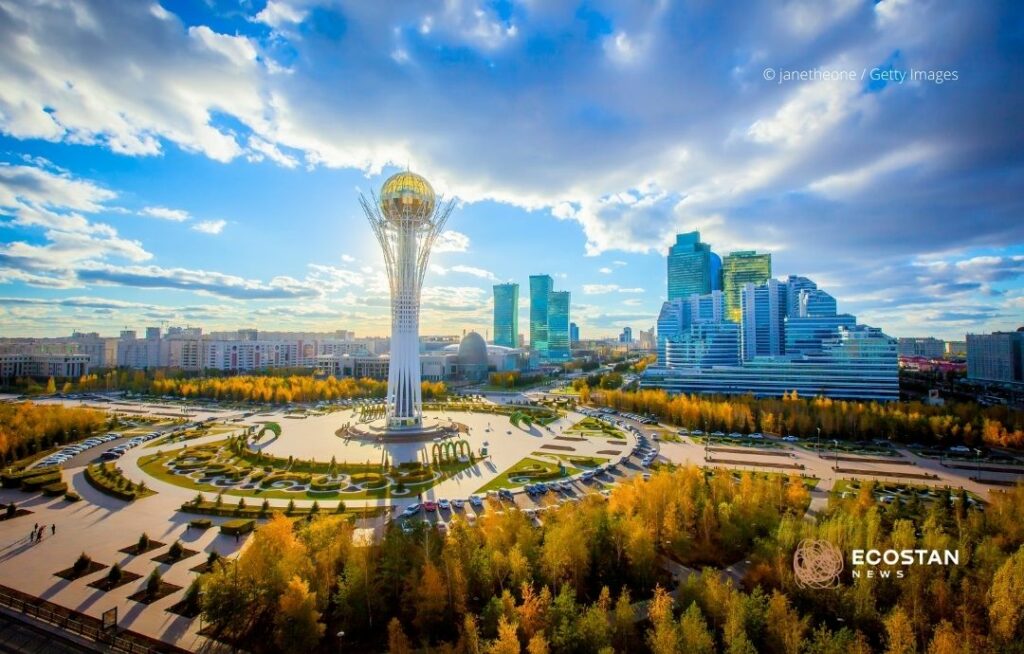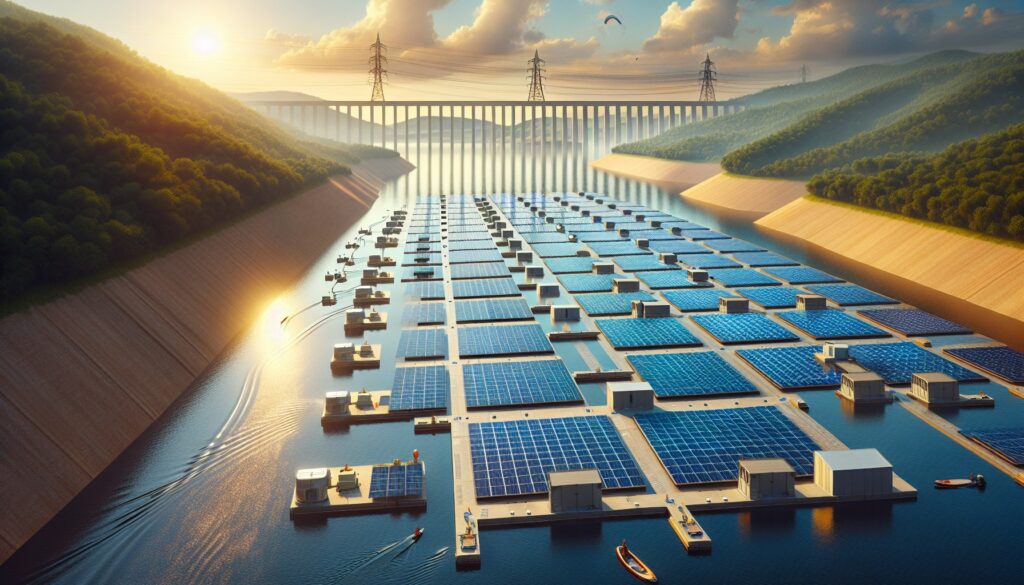“By now, it is well known that water is the scarcest resource in the Central Asian region,” Zafar Makhmudov, Executive Director of the Regional Environmental Centre for Central Asia (CAREC), said at the side event “Water and Climate: Building Resilience in Central Asia’s Water Sector” on December 10 at COP28 in Dubai, UAE.

He expressed concern that water scarcity was likely to hamper development in the region.
According to Zafar Makhmudov, in Central Asian countries, agriculture consumes more water than any other source, and a significant part of this water is used inefficiently.
“Climate change is altering patterns of weather and water around the world, causing shortages and droughts in some areas and floods in others. At the current consumption rate, this situation will only get worse. According to international expertise, by 2030, most rivers and watersheds in Central Asia are expected to face worsening water shortages. In the Central Asian region, around 65% of arable lands are harmed by salinization and or abandoned by the shortage of water resources. The water shortage leads to lower fertility of lands, which is important to most agricultural regions of Central Asia. Vast areas of Central Asia agricultural lands have a huge potential for the production of agricultural products to fulfil its demand as well as to meet the demand of the other countries in the region, such as Afghanistan, with agricultural products,” Zafar Makhmudov said.
He noted that the World Economic Forum declared that the water crisis is the #1 global risk, based on the impact on society, and the #8 global risk, based on the probability of occurrence within 10 years.
Zafar Makhmudov stressed that CAREC and the governments of the Central Asian countries are in favor of cooperation and partnership. According to him, in 2023, CAREC, with the support of the countries of the region, launched two small-scale and one large-scale project in the water supply sector. The projects are aimed at supporting the governments of Central Asian countries in the field of water resources management, modernization of the environmental governance system, research of transboundary water resources and implementation of pilot projects at the local level.



